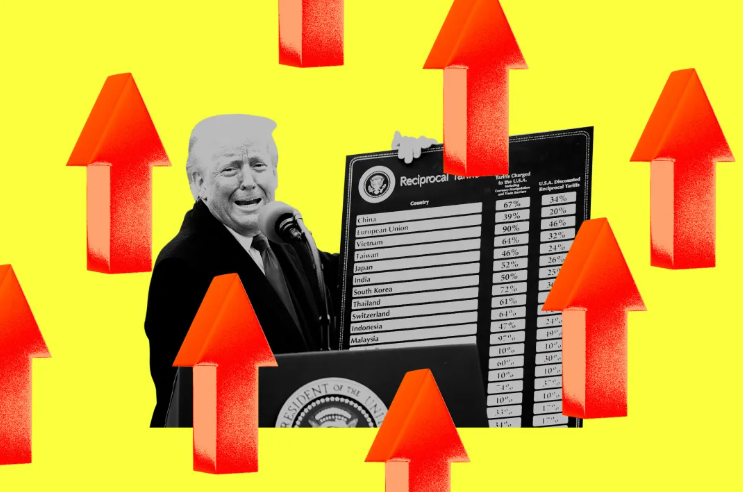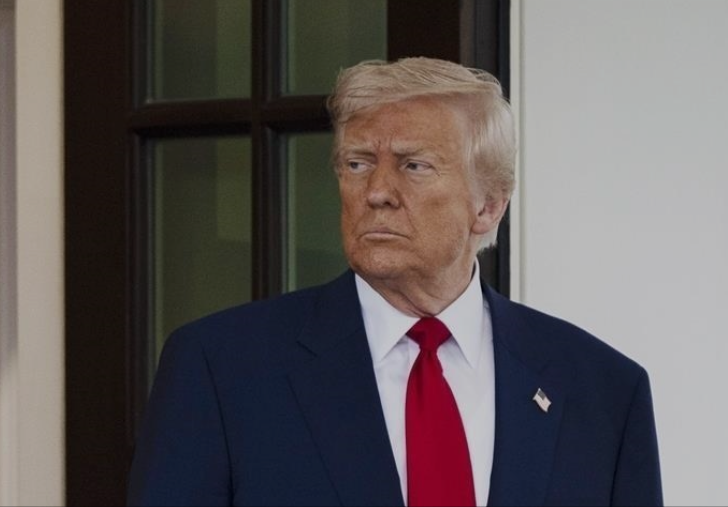In a decisive move signaling the end of tit-for-tat tariff escalations, the Chinese government has raised tariffs on U.S. goods to 125%, calling this the final adjustment in response to ongoing economic aggression by the Trump administration. The announcement—delivered through China’s Ministry of Finance—comes amid intensifying trade tensions, and includes a sharp rebuke of U.S. strategy, calling it “economically irrational” and warning that the United States is at risk of becoming an international “joke” in global economic history.
This latest increase matches the Trump administration’s recent tariff hike, which has now surged to 145% following four separate increases since February. China has responded in kind at each step, maintaining a defensive posture aimed at protecting its economic interests. However, this latest statement marks a turning point: China is signaling that it will no longer engage in a purely numerical tariff race.
“Further tariff escalations from the United States no longer make economic sense,” the Ministry stated. “There is no longer any meaningful market acceptance for U.S. goods in China at the current rate of taxation. If the U.S. continues to escalate arbitrarily, China will disengage from the tariff game entirely.”
While the Chinese government has made clear that this will be the final tariff increase, it is not signaling the end of its broader countermeasures. The Ministry’s statement ends with a stern warning: “If the United States continues to substantially infringe on China’s legitimate interests, China will resolutely take all necessary actions—economic or otherwise—to safeguard national sovereignty and economic security.”
Already, Beijing has begun diversifying its response. This week, the government announced a reduction in the number of Hollywood films it would allow to screen domestically—a significant cultural and financial blow to U.S. media companies. In addition, several American firms have seen their import and export privileges curtailed, a sign that China is preparing to exert leverage across multiple sectors.
The implications of this breakdown in U.S.-China economic diplomacy are profound. As the world’s two largest economies move from measured rivalry to open confrontation, the risk of long-term global economic instability grows. Multinational corporations with cross-border supply chains, especially in technology, automotive, agriculture, and entertainment sectors, are already feeling the ripple effects.
This escalating tension also places the global business community in a difficult position—navigating between regulatory uncertainty, shifting market access, and a deteriorating geopolitical landscape.
For business leaders, investors, and policymakers, the message from Beijing is clear: the era of quiet restraint is over. China is prepared to defend its economic interests with strength, resolve, and strategy—and it is calling on the U.S. to reconsider its confrontational approach before further damage is done.



